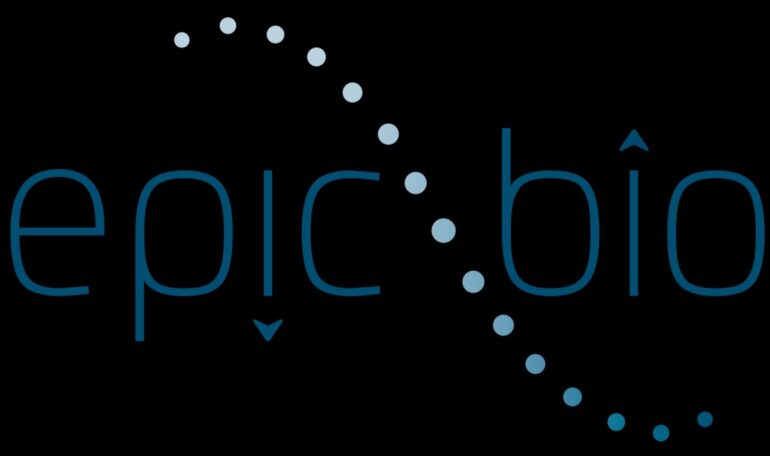TL;DR:
- Epic Bio unveils groundbreaking gene activators and a machine learning model.
- Exceptionally durable and compact gene activators were discovered.
- A novel machine-learning approach for designing synthetic activators.
- The Evolutionary Monte Carlo algorithm enhances activator discovery.
- Potential for accelerating protein engineering with broad applications.
Main AI News:
In a groundbreaking revelation, Epic Bio, the pioneering biotechnology firm specializing in gene expression modulation via compact, non-invasive dCas proteins, has unveiled a remarkable milestone in its Gene Expression Modulation System (GEMS) platform. Two preprint studies recently published on bioRxiv have illuminated the discovery of exceptionally durable and hypercompact gene activators, alongside the development of a machine learning model primed for the creation of synthetic activators.
Novel Activators Emerge from High-Throughput Screening and Enter Optimization Phase
Epic Bio’s maiden paper, titled “Discovery and engineering of hypercompact epigenetic modulators for enduring gene activation,” unveils the outcome of a comprehensive survey of natural protein sequences. The objective? To pinpoint novel activators, followed by rigorous engineering to surmount the primary obstacles to therapeutic application.
Epic’s cadre of scientists devised a high-throughput screening mechanism meticulously amalgamating the transcriptional impacts of peptide sequences from human, viral, and archaeal sources. These peptides were seamlessly integrated into the GEMS construct, subsequently assessed for their capacity to activate a synthetic genetic locus.
The ensuing activators underwent meticulous protein engineering to conquer the trifecta of therapeutic challenges: activator potency (the extent of activation strength), robustness (efficacy against diverse target types), and durability (the persistence and inheritability of gene activation post-transient delivery of the activator).
In a coup for Epic, their team engineered activators capable of instigating the most enduring and mitotically stable gene activation ever documented. Remarkably, these activators sustain target activation across multiple cell divisions following a single transient delivery, all while occupying a mere ~12-20% of the cargo size compared to the presently predominant activators.
Machine Learning Enhances Discovery of Novel Activators
In the subsequent publication, “Enhancing few-shot learning-based protein engineering through evolutionary sampling,” Epic Bio takes center stage once more, this time showcasing a pioneering machine learning methodology. This innovation, informed by prior activator discoveries, has been meticulously tailored to craft entirely new synthetic activators.
In addressing the conundrums posed by limited training data and the rarity of positive outcomes in this realm, Drs. Zaki Jawaid, Robin Yeo, and Timothy Daley introduced the groundbreaking Evolutionary Monte Carlo algorithm, christened Evolutionary Monte Carlo Search. This algorithm efficiently explores the fitness landscape, proposing novel and potent gene activators. The proposed activator sequences underwent rigorous experimental validation to affirm their capability to activate a synthetic genetic locus.
Researchers at Epic Bio observed that the Evolutionary Monte Carlo Search not only enriched sequence diversity and novelty in the designed sequences but also significantly augmented the rate of success in identifying functional gene activators. This approach promises to revolutionize numerous protein engineering challenges and expedite the design of active proteins for a myriad of applications, including therapeutics. Epic Bio’s unwavering commitment to innovation in epigenetic engineering is poised to reshape the landscape of biotechnology and gene modulation.
Conclusion:
Epic Bio’s pioneering gene activators and cutting-edge machine learning techniques mark a significant advancement in epigenetic engineering. These breakthroughs are poised to redefine the biotechnology market, offering unprecedented opportunities for innovative therapeutics and protein engineering. Epic Bio’s continued commitment to innovation positions it as a leader in this evolving landscape.

